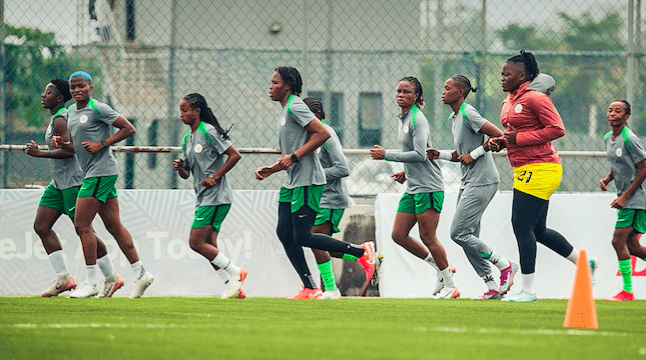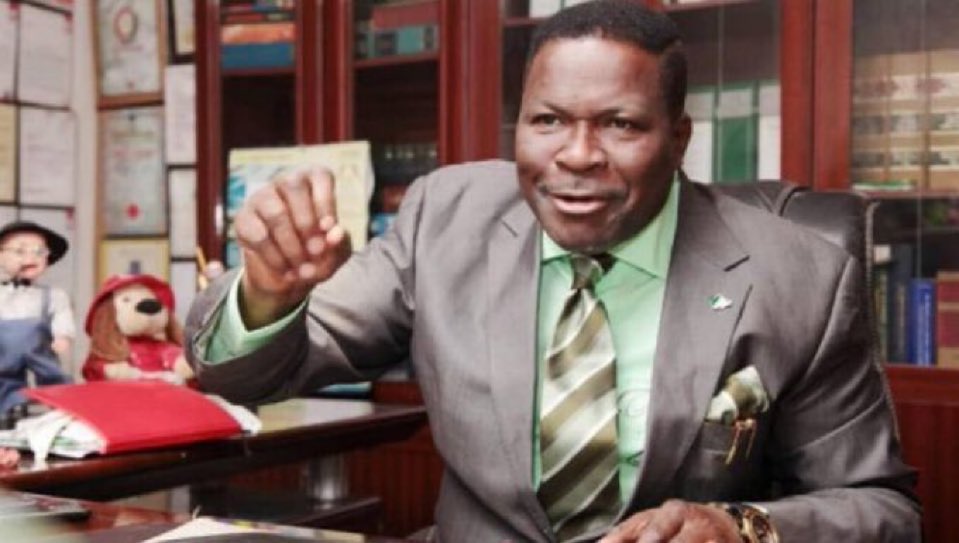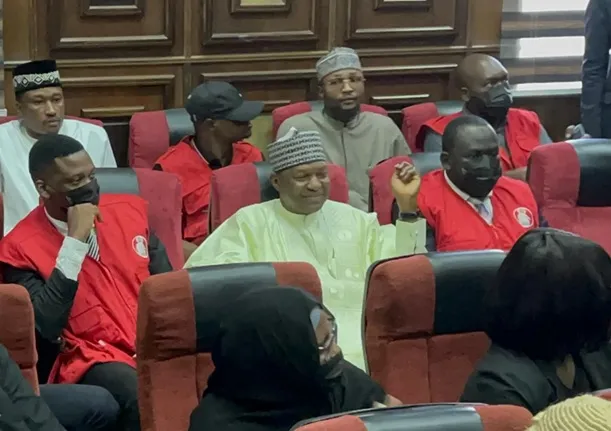By Boye Ajayi
The trial of a former Speaker of Lagos State House of Assembly, Adeyemi Ikuforiji, charged with N338.8 million fraud, has for the umpteenth time been adjourned until November 25, 2020.
Ikuforiji is charged along with his former personal assistant, Oyebode Atoyebi, on a 54-count charge bordering on money laundering before a Federal High Court in Lagos,
Persecondnews recalls that the duo had entered a not guilty plea before Justice Mohammed Liman and were allowed to continue on an earlier bail granted them in 2012 when they were first arraigned.
The case which was earlier scheduled for continuation of trial by 1.00p.m. on Wednesday could not proceed as it was adjourned and a new date fixed.
At last adjournment on September 30, the EFCC Prosecutor, Mr Ekene Ihenacho, had called the first prosecution witness, Adebayo Adeniyi, an investigator with the EFCC.
The witness had started giving evidence before the court and was expected to continue his evidence at the next adjournment.
The defendants were first arraigned on March 1, 2012 before Justice Okechukwu Okeke on 20 counts bordering on misappropriation and money laundering.
They had each pleaded not guilty to the charges and were granted bails.
The defendants were, however, subsequently re-arraigned before Justice Ibrahim Buba, following a re-assignment of the case.
The judge had granted them bail in the sum of N500 million each with sureties in like sum.
On September 26, 2014, Justice Buba discharged Ikuforiji and his aide after upholding a no-case submission by the defendants.
The judge held that the EFCC “failed’’ to establish a prima-facie case against them.
Unsatisfied with the ruling, the EFCC through its counsel, Mr Godwin Obla (SAN), filed the Notice of Appeal dated September 30, 2014 challenging the ruling of the trial court.
He disagreed that the trial court erred in law when it held that the counts were incompetent because they were filed under Section 1(a) of the Money Laundering (Prohibition) Act, 2004 which was repealed by an Act of 2011.
The anti-graft agency further argued that the lower court erred when it held that the provisions of Section 1 of the Money Laundering (Prohibition) Act, 2004 and 2011 only applied to natural persons and corporate bodies other than the government.






















Leave a comment